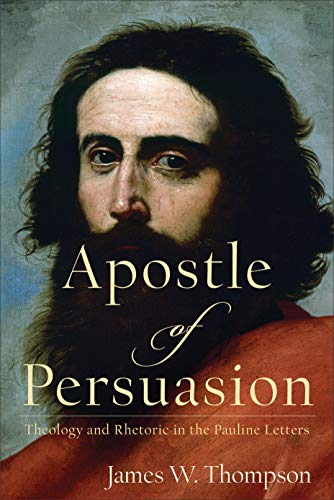Q. It is interesting to me that you seem to agree with Wright’s attempt to use the term Israel to refer to the church of Jew and Gentile united in Christ, but disagree with him in regard to pistis Christou. You follow the argument of a German scholar that pistis Christou is both an objective and a subjective genitive all rolled into one. I must confess I disagree with Wright about the use of Israel by Paul, especially in Rom. 9-11, and with you about pistis Christou having both meanings. Have you any other examples where a phrase like ‘faith of Christ’ involving a genitive can be both an objective and subjective at the same time? In the meantime, I will point out that in Rom. 3.3 the phrase pistis theou clearly means the faithfulness of God where God is clearly the subject of the pistis, and further in the very next chapter pistis ‘of our father Abraham’ (4.12) surely refer to the faith of Abraham, not faith in Abraham. It is in that same context that we find the phrase ‘pistis Christou’. To me, Rom. 3.22, unless it is simply confusing or redundant, needs to be rendered, ‘the righteousness of God is revealed (objectively) through the faithfulness of Christ (i.e. through his death on the cross, called obedience in Phil. 2) unto all who believe.’ If pistis Christou means faith in Christ in that sentence then we have faith in Christ to those who have faith in Christ— redundant. It makes much better sense to say that ‘pistis Christou’ refers to the objective means of our salvation and the revelation of God’s righteousness, and faith in Christ is the subjective means by which the believer appropriates the benefit. When Paul wants to say faith in Christ, he is perfectly capable of using the preposition ‘en’ and does so. And this surely helps us make better sense of the contrast between ‘works of the Mosaic law’ and ‘pistis Christou’— the former is not the means of our salvation or being set right with God, whereas the objective work of Christ on the cross is. What about this sort of argument do you not find cogent?
A. I question whether we have an either-or on pistis Christou. As an analogy, I may speak of the love of God two different ways—sometimes meaning love for God and sometimes meaning God’s love for us. This may be the case for pistis Christou, though I prefer “faith in Christ” in most instances. When Paul contrasts works of the law with pistis Christou, I think he is speaking of two alternative human approaches to justification. The fact that the verb form pisteuei eis christon always means “believe in Christ” supports my view that pistis Christou is faith in Christ. Paul sometimes uses the shorthand faith vs. works. The shorthand pistis (without an object) refers to the human response.
As I argue in Apostle of Persuasion, faith is more than the human response. It is total participation in the Christ event, as Gal. 2:19-21 suggests. It is also the whole Christ event, as Paul indicates when Paul says, “When faith came,” equating faith with the Christ event. Thus, while I think pistis Christou means faith in Christ in most instances, an either-or is too simplistic, in my estimation.













